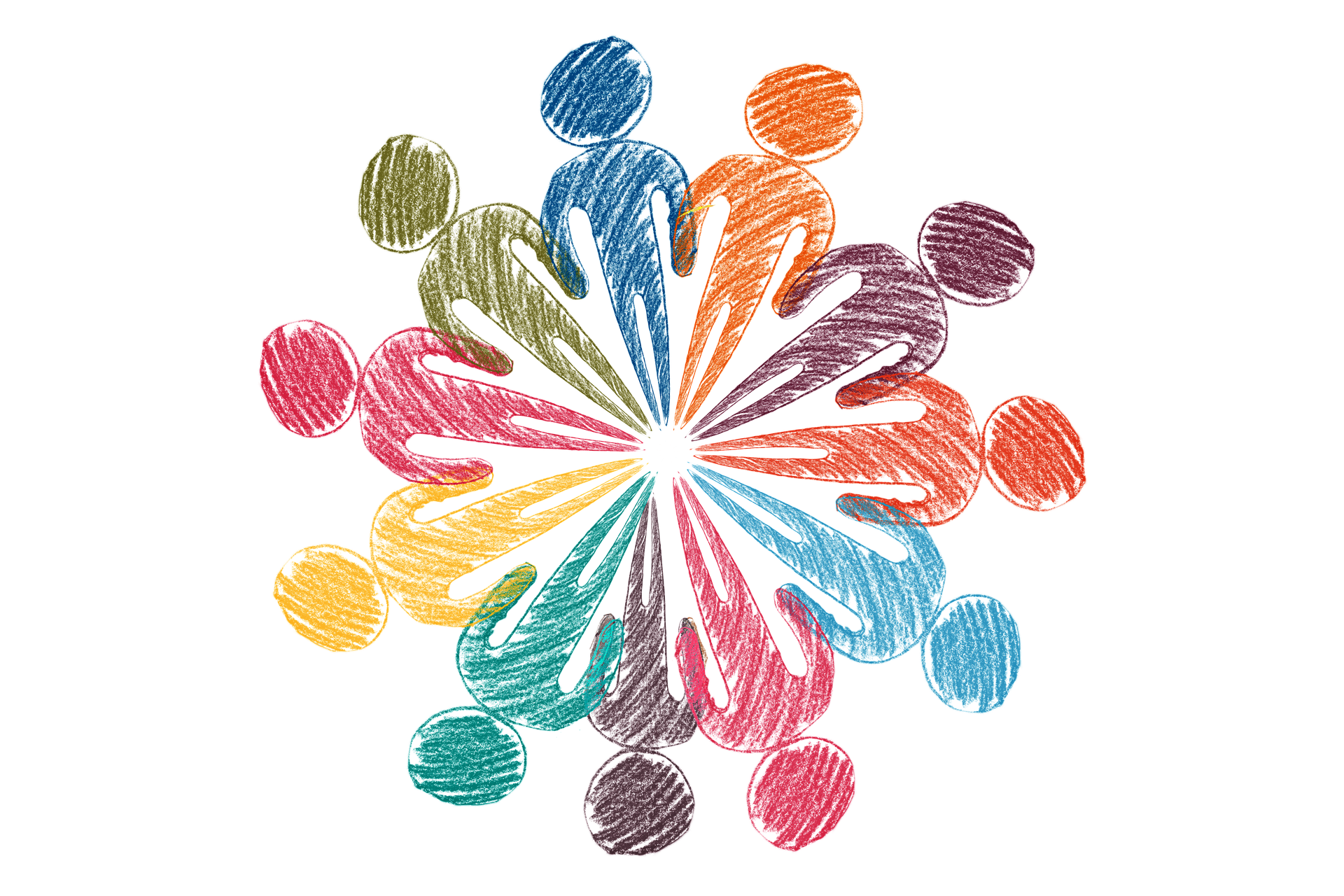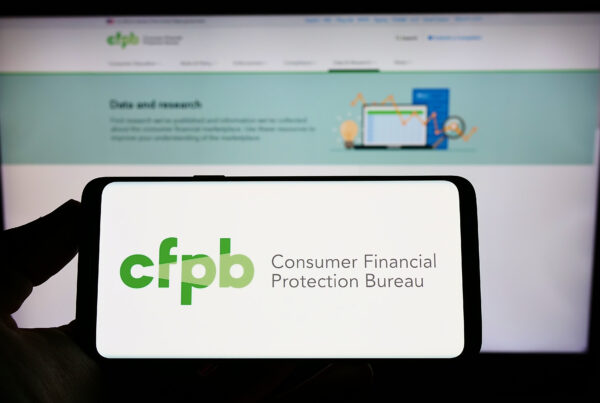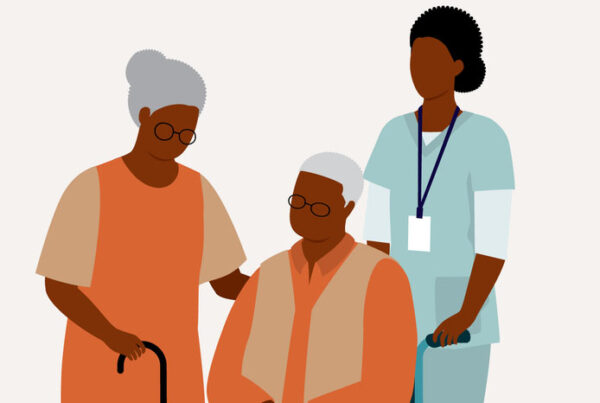By Crystal Williams, Ed.M.
As early childhood professionals, it is imperative to engage in ongoing learning and professional development. One way to accomplish this is by engaging in social learning through communities of practice (CoPs). In this three-part blog post series, we answer the following questions about communities of practice and provide resources for further exploration:
- Part One: What is a community of practice? Why should I join one?
- Part Two: What communities of practice exist in early childhood education? How can I start my own community of practice?
- Part Three: What other things should I consider when developing and maintaining a community of practice?
What is a community of practice?
A community of practice (CoP) is a group of people with mutual concerns, issues, or interests who meet regularly to achieve shared and/or individual goals (Wegner et al., 2002). There are three characteristics of a CoP: domain, community, and practice (Wenger-Trayner, 2015). Members of a CoP have a shared domain of interest to which they are committed. Within a CoP, members build community with one another through discussions, activities, sharing information, and helping one another. Last, CoPs involve making improvements in the practice of a group of professionals by sharing stories, experience, tools, and resources, as well as engaging in problem-solving. CoPs typically include individuals within the same profession or field but they also can include key stakeholders such as family members.
CoPs can be held in-person, virtually through videoconferencing, or a hybrid of both formats. In some cases, CoPs may also include an asynchronous component in which members can participate at their own pace through discussion boards or other online formats. Virtual CoPs have the extra benefit of allowing professionals to connect with individuals in other communities, states, or countries.
When joining or starting a CoP, consider what method of connection best suits you and/or potential members of the CoP. Ask yourself and other members these questions: Is it important for your engagement to be in-person? Do you enjoy learning and conversing via video or asynchronously (e.g., online forums, email digests, message boards)?
Why should I join a community of practice?
Values of a CoP include, but are not limited to:
- Building connections
- Solving problems
- Enhancing knowledge and learning
- Collaborating within and amongst systems
- Disseminating information/recommended practices
- Organizing action for a common cause
- Generating new knowledge
Early childhood professionals who engage in CoPs may benefit by improving their own practices and/or influencing the practices of others; learning about new resources; helping enhance services for children and families at the local, state, or federal level; and making professional connections.
Tip: For more information about values in CoPs, check out this value assessment framework resource.
References
Gillaspy, K., Vinh, M., Surbrook-Goins, N., & Nichols, S. (2019). Growing together: Developing and sustaining a community of practice in early childhood. Gryphon House Inc.
Wenger, E., McDermott, R., & Snyder, W. (2002). Cultivating communities of practice: A guide to managing knowledge. Harvard Business School Press.
Wenger-Trayner, E & Wenger-Trayner, B. (2015). Introduction to communities of practice. Retrieved from: https://wenger-trayner.com/introduction-to-communities-of-practice/
Image from Pixabay.com, CC0













